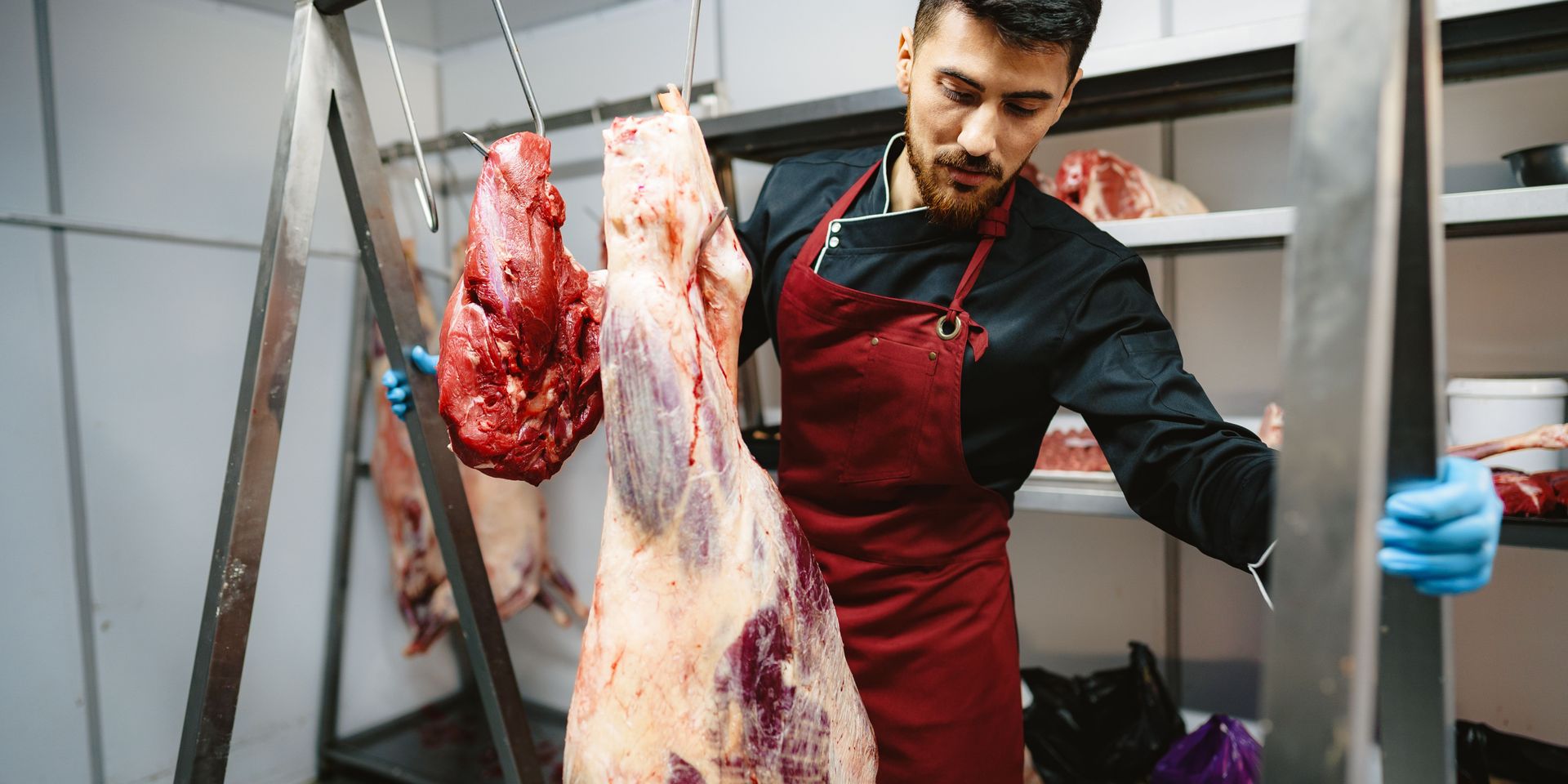Butchers generally require a CAP Boucher, a Bac Pro Boucher-Charcutier, or a BP (Brevet Professionnel) Boucher. Previous butchery experience is often required to master cutting and preparation techniques.
Temporary work as a butcher
As a temporary butcher, you'll have the opportunity to work in a wide range of establishments, from artisan butchers to supermarkets and caterers. This diversity enables you to gain a wide range of experience while discovering different working methods and regional specialties. Temporary work is also an excellent way of meeting seasonal needs, such as the festive season, while retaining the flexibility to choose your assignments. For bakers who like to take on new challenges, temping allows them to test out different work environments and expand their professional network before committing to a permanent position.
Salary
A starting butcher earns near the minimum wage. With experience, the salary increases. Depending on the establishment's size and specialization, an experienced butcher can earn between €1,800 and €3,000 gross per month. Head butchers or shop owners may earn more, based on commercial success.
Working Conditions
Environment: Work in butcher shops, often in direct contact with raw meat, in refrigerated or climate-controlled areas.
Hours: Regular hours in artisanal shops but may include weekends and holidays based on demand.
Physical Demand: Prolonged standing, handling knives and heavy equipment, requiring good physical condition.
Career Prospects
Butchers can progress to positions such as Head Butcher, Department Manager in supermarkets, or even open their own butcher's shop. With experience, they can also specialize in areas such as butchery, halal or organic butchery, or the management of a meat processing business.



